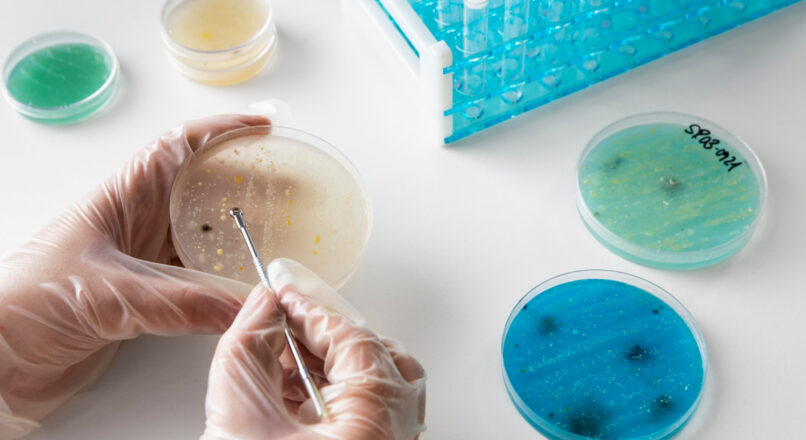
Understanding Plasmid Synthesis: A Cornerstone of Molecular Biology Research
In the rapidly evolving field of molecular biology, the ability to manipulate and understand genetic material is fundamental. Among the many tools at a researcher’s disposal, plasmids play a crucial role. Plasmid synthesis, the process of creating custom plasmids in the lab, has become an indispensable technique for scientists working in genetic engineering, biotechnology, and synthetic biology.
What Are Plasmids?
Plasmids are small, circular DNA molecules that exist independently of the chromosomal DNA in bacteria and some other cells. Unlike chromosomal DNA, plasmids can replicate independently within a host cell, making them valuable tools for gene cloning, gene expression, and other genetic manipulations. They often carry genes that confer advantageous traits, such as antibiotic resistance, which can be used as markers in molecular biology experiments.
Why Is Plasmid Synthesis Important?
Plasmid synthesis allows researchers to create custom plasmids tailored to specific experimental needs. Whether you’re looking to express a particular gene, knock out a gene of interest, or study gene regulation, plasmid synthesis provides the flexibility to design plasmids with the desired sequences and features.
Here’s why plasmid synthesis is so critical in modern research:
- Customization: Plasmid synthesis enables the inclusion of specific genes, promoters, and other regulatory elements that are necessary for particular experiments. Researchers can design plasmids to control the expression of a gene under specific conditions or to include multiple genes in a single plasmid for co-expression.
- Precision: With advanced synthesis techniques, plasmid sequences can be precisely constructed, eliminating errors that could occur with traditional cloning methods. This precision is especially important when working with complex or large sequences.
- Speed and Efficiency: Traditional methods of plasmid construction, such as restriction enzyme digestion and ligation, can be time-consuming and labor-intensive. Plasmid synthesis streamlines this process, allowing researchers to obtain their desired constructs more quickly, accelerating the pace of discovery.
- Versatility: Plasmids can be synthesized to function in a variety of host organisms, from bacteria to mammalian cells. This versatility makes them essential tools in fields ranging from basic research to applied biotechnology.
Applications of Plasmid Synthesis
The applications of plasmid synthesis are vast and varied, impacting numerous areas of research and industry:
- Gene Cloning: Plasmids are often used as vectors to clone and propagate DNA sequences of interest. This is fundamental in studying gene function and in producing recombinant proteins.
- Gene Therapy: In the field of gene therapy, plasmids can be used to deliver therapeutic genes to patient cells. Custom plasmid synthesis is crucial for developing vectors that are safe and effective for clinical use.
- Vaccine Development: Plasmid DNA vaccines are an emerging area of interest. Custom plasmids can be designed to express antigens that stimulate an immune response, providing a platform for new vaccines.
- Synthetic Biology: Plasmid synthesis is a cornerstone of synthetic biology, where researchers design and build new biological parts, devices, and systems. Custom plasmids allow for the creation of synthetic gene circuits and metabolic pathways.
Conclusion
Plasmid synthesis is a powerful tool that enables researchers to push the boundaries of what is possible in genetic engineering and molecular biology. By providing the ability to design and construct custom plasmids with precision and efficiency, plasmid synthesis opens up new possibilities for innovation and discovery.

Leave a reply